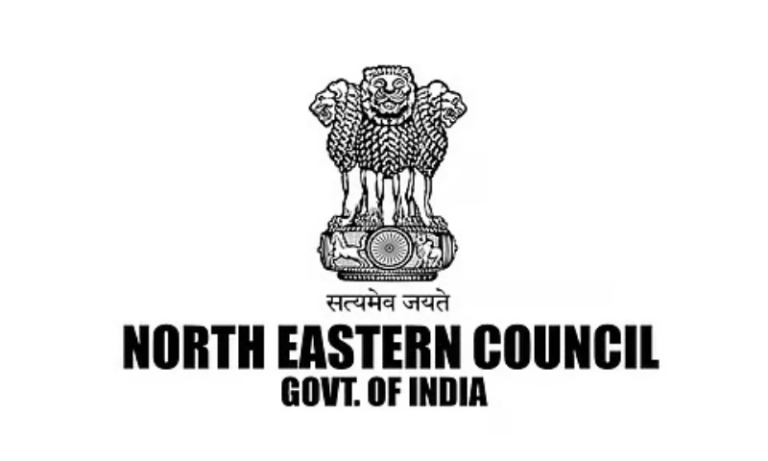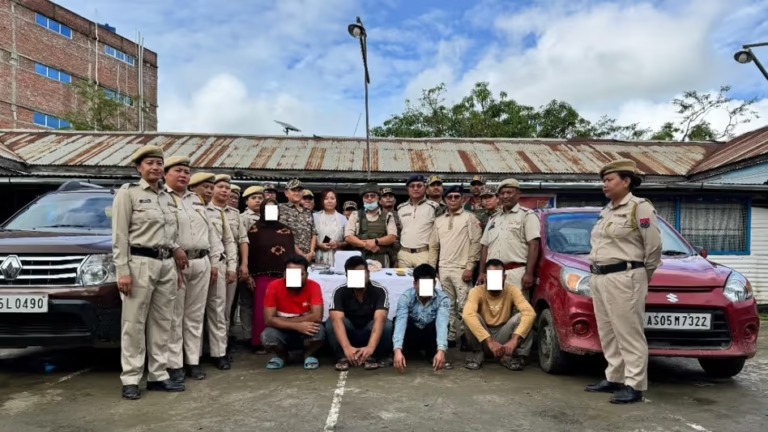Mark Haokip Rearrested in Manipur After NIA Bail: A Deep Dive into the Kukiland Conspiracy
📰 News Summary
On April 17, 2025, Mark Thangmang Haokip, the self-proclaimed president of the “Government of People’s Democratic Republic of Kukiland,” was rearrested by Manipur Police shortly after being granted bail by the National Investigation Agency (NIA) court in Imphal West. Haokip faces serious allegations, including conspiring for secession from India and attempting to wage war against the Indian government. His initial arrest in May 2022 was linked to a social media post that allegedly incited communal tensions. Despite securing bail with a bond of Rs 3 lakh and two sureties, he was immediately taken into custody for a separate case. Authorities also implicate three associates—K.S. Kipgen, Lunkhohao Haokip, and C.S.K. Mate—in using social media to promote separatist propaganda and incite unrest in pursuit of establishing ‘Kukiland’.
📖 In-Depth Analysis: The Kukiland Movement and Its Implications
🔍 Who is Mark Thangmang Haokip?
Mark Thangmang Haokip emerged as a controversial figure in Manipur’s political landscape, declaring himself the president of the unrecognized “Government of People’s Democratic Republic of Kukiland.” This self-styled government advocates for the creation of ‘Kukiland,’ a separate state for the Kuki community, which has stirred significant political and social unrest in the region.
⚖️ Legal Proceedings and Rearrest
Haokip’s legal troubles began in May 2022 when he was arrested in New Delhi for a social media post that allegedly promoted enmity between different communities. After nearly three years in custody, he was granted bail by the NIA court in Imphal West. However, his release was short-lived as Manipur Police rearrested him immediately in connection with a separate case involving similar charges of sedition and incitement.
🌐 The Role of Social Media in Separatist Movements
Social media has played a pivotal role in the propagation of the Kukiland movement. Authorities allege that Haokip and his associates—K.S. Kipgen, Lunkhohao Haokip, and C.S.K. Mate—used various platforms to disseminate separatist propaganda, incite communal hatred, and provoke unrest. The digital space has become a battleground for ideological conflicts, making it challenging for law enforcement to monitor and curb such activities effectively.
🧠 Understanding the Kukiland Ideology
The Kukiland movement seeks to establish a separate state for the Kuki community, citing historical grievances and perceived marginalization. Proponents argue for self-determination and greater autonomy, while critics view the movement as a threat to national unity and integrity. The movement’s activities, including the formation of a self-declared government and the use of social media for mobilization, have raised concerns about the potential for escalating tensions in the region.
🛡️ Government’s Response and Challenges
The Indian government has taken a firm stance against the Kukiland movement, viewing it as a secessionist threat. Law enforcement agencies have intensified surveillance and legal actions against individuals involved in promoting separatist ideologies. However, balancing national security concerns with the protection of civil liberties remains a complex challenge. The use of social media for mobilization adds another layer of difficulty in monitoring and countering such movements.
🤝 Community Impact and the Path Forward
The Kukiland movement has had a polarizing effect on communities in Manipur. While some members of the Kuki community support the call for greater autonomy, others fear that such movements may lead to increased instability and violence. Dialogue and inclusive development are essential in addressing the underlying grievances that fuel separatist sentiments. Engaging with community leaders, promoting inter-ethnic harmony, and ensuring equitable development can help mitigate tensions and foster unity.
❓ Frequently Asked Questions
Q1: What is the Kukiland movement?
A: The Kukiland movement advocates for the creation of a separate state for the Kuki community in northeastern India, citing historical and socio-political grievances.
Q2: Why was Mark Haokip rearrested after being granted bail?
A: Haokip was rearrested in connection with a separate case involving charges of sedition and incitement, despite being granted bail in a previous case.
Q3: How has social media influenced the Kukiland movement?
A: Social media platforms have been used to disseminate separatist propaganda, mobilize support, and incite communal tensions, making it a critical tool for the movement.
Q4: What challenges does the government face in addressing separatist movements like Kukiland?
A: The government must balance national security concerns with civil liberties, monitor digital platforms effectively, and address underlying socio-political grievances to counter such movements.
Q5: How can communal harmony be promoted in regions affected by separatist movements?
A: Promoting inclusive development, engaging in dialogue with community leaders, and fostering inter-ethnic understanding are essential steps toward communal harmony.




